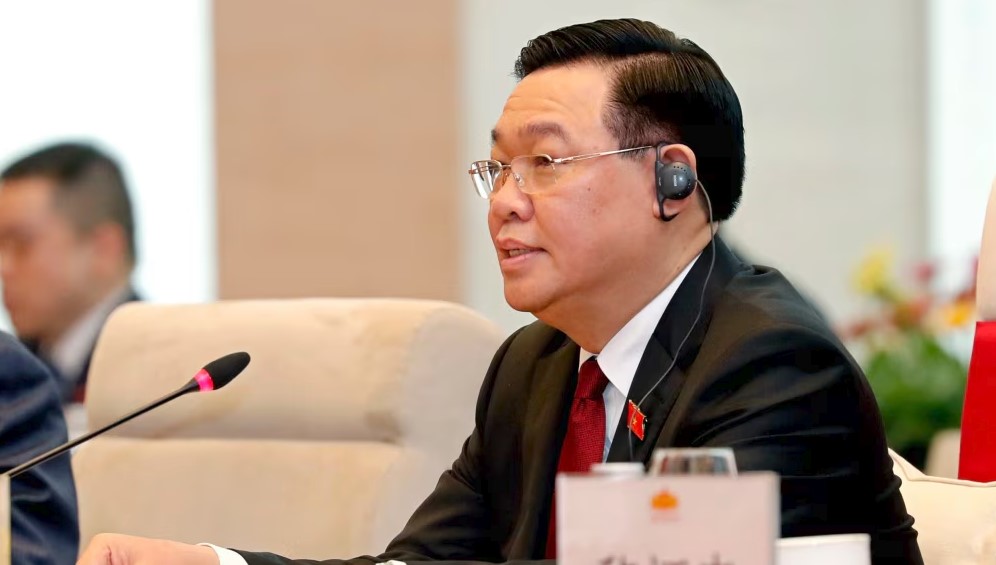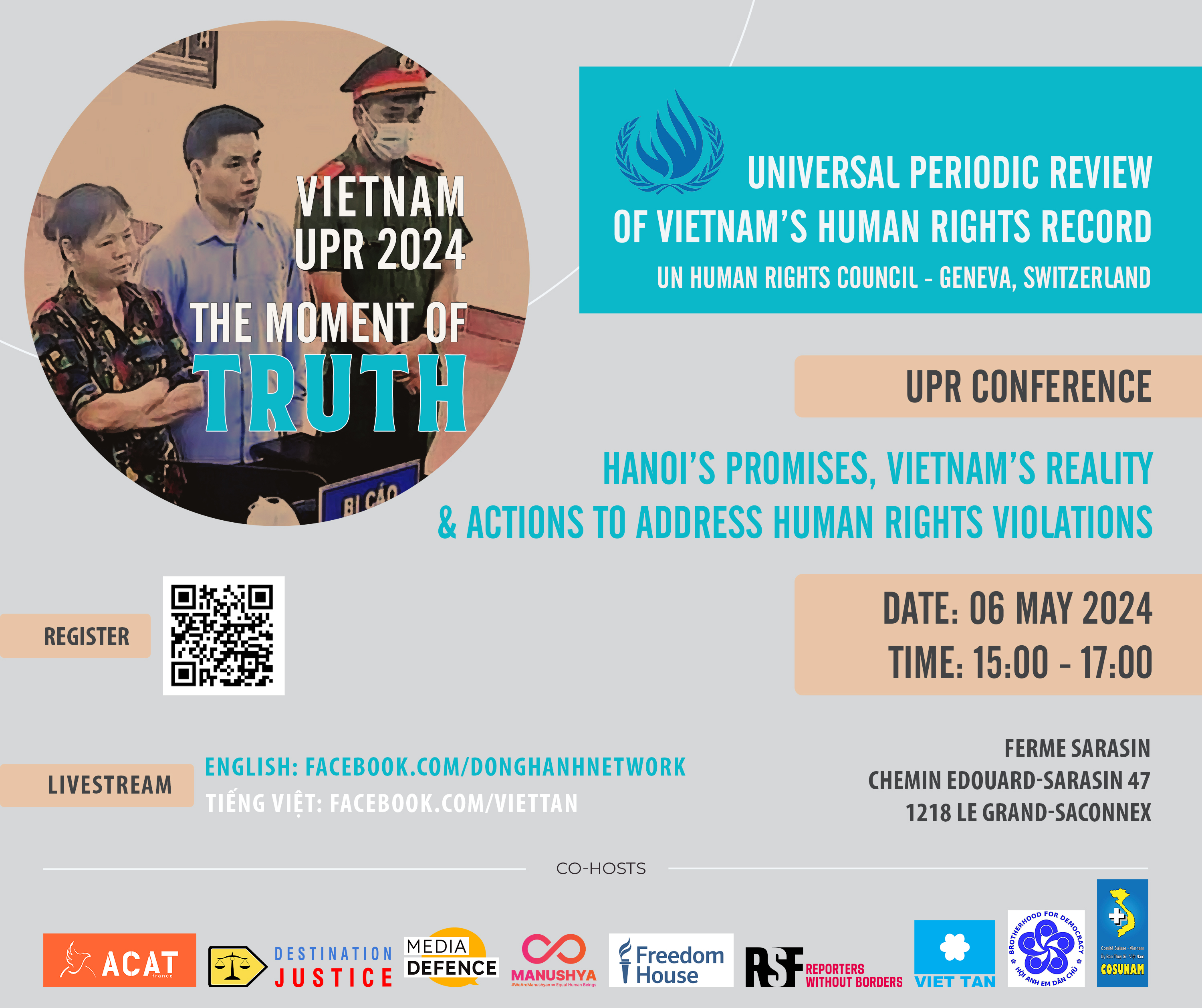China and Vietnam may be dramatically opening their economies to the world, but Amnesty International said Wednesday the two communist nations were maintaining an iron fist against dissent at home.
The London-based human rights organisation said in its annual report that both governments had stepped up arrests or harassment of dissidents, religious adherents and members of some ethnic groups while tightening media and Internet restrictions.
Chinese authorities took particular aim throughout 2006 at the country’s small community of lawyers, journalists and other activists working to protect ordinary Chinese from official injustices and corrupt practices, it said.
“The government crackdown on lawyers and housing rights activists intensified. Many human rights defenders were subjected to lengthy periods of arbitrary detention without charge, as well as harassment by the police or by local gangs apparently condoned by the police,” it said.
The rights group singled out the case of Gao Zhisheng, an outspoken human rights lawyer, as an example.
Gao had his law practice suspended in November 2005, was detained last August and held incommunicado until being convicted in December for “inciting subversion.”
After receiving a suspended five-year sentence, Gao remains under a form of house arrest.
Despite agreeing to international human rights conventions, Amnesty said China also has silenced numerous newspapers and journals, shut down thousands of Chinese websites and detained journalists for reporting on sensitive issues.
Vietnam, whose long-dormant economy grew 8.2 percent last year to nearly match China’s roaring expansion of 10.7 percent, is following in its bigger neighbour’s footsteps in terms of repression, Amnesty said.
Among the major cases, signatories to an online petition calling for greater democracy and respect for human rights in April — which eventually drew over 2,000 signatures — subsequently faced harassment, interrogation, restrictions on movement and confiscation of computers, Amnesty said.
The actions came as Vietnam integrated more fully into the world economy, entering the World Trade Organisation in January, gaining favoured-nation trading status from Washington in December and hosting a summit of Asia-Pacific leaders.
“During this time harassment and threats against leading dissidents increased and attempts were made to ensure that they could not meet or talk with foreigners,” the report said.
Like China, Vietnam also has stepped up monitoring, filtering and blocking of websites it does not like, while the two officially atheist governments continued to intimidate religious followers, it added.
China’s long-held intolerance for people worshipping outside officially sanctioned channels showed no signs of letting up, according to Amnesty.
“Thousands of members of underground protestant ’house churches’ and unofficial Catholic churches were detained, many of whom were ill-treated or tortured in detention,” Amnesty said.
Vietnam, meanwhile, forced some Christians to renounce their faith.
Both also sometimes severely repressed ethnic minorities deemed to be security threats, with China targeting Muslim Uighurs in western Xinjiang province while Vietnam continued to clamp down on Montagnards in highland regions.
Both China and Vietnam have repeatedly denied depriving their citizens of human rights.





